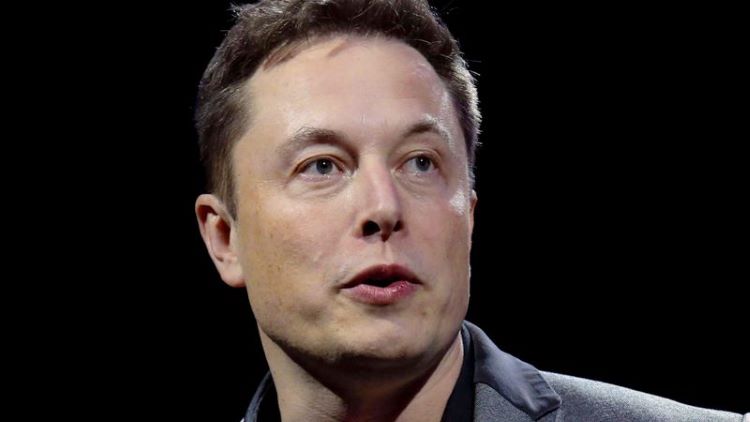Nandini Roy Choudhury, writer
Brief news
- Tesla plans to introduce its “Full Self Driving” driver assistance product in Europe and China in the first quarter of 2025, pending regulatory approval.
- The announcement led to a 6% increase in Tesla’s shares.
- Full Self Driving is not fully autonomous and drivers are still required to pay attention to the road and assume responsibility when necessary.
Detailed news
Tesla has announced that it will introduce its “Full Self Driving” driver assistance product in Europe and China at the beginning of the next year.
Elon Musk’s electric vehicle company announced on Thursday that the service, which is a paid add-on feature for Tesla customers, is set to launch in the two regions in the first quarter of 2025, “pending regulatory approval.” The announcement was made in a post on the X social media platform.
Tesla’s shares increased by 6% following the company’s announcement regarding the international deployment of Full Self-Driving.
Tesla has not yet obtained regulatory approval to introduce its FSD product in Europe and China. However, Musk stated in July that he anticipates obtaining this authorization by the conclusion of 2024.
Full Self Driving, or FSD, has been a critical component of Musk’s strategy to transform Tesla into a more AI-centric organization and advance the development of self-driving technology.
FSD is not truly capable of achieving full autonomy for its vehicles, despite the label on its product. It remains mandatory for drivers to maintain their attention on the road and assume responsibility when necessary. Additionally, they are required to reside behind the wheel.
FSD is an enhancement to Tesla’s Autopilot driver assistant, which is currently accessible in China and Europe. In China, Tesla currently provides a premium option known as Enhanced Autopilot.
Musk has been assuring investors that Tesla will provide technology that will enable its current vehicles to operate autonomously since 2016.
The company has yet to fulfill this commitment, despite the fact that competitors such as Pony.ai in China and Waymo in the United States have already established commercial robotaxi businesses.
Source : CNBC News



